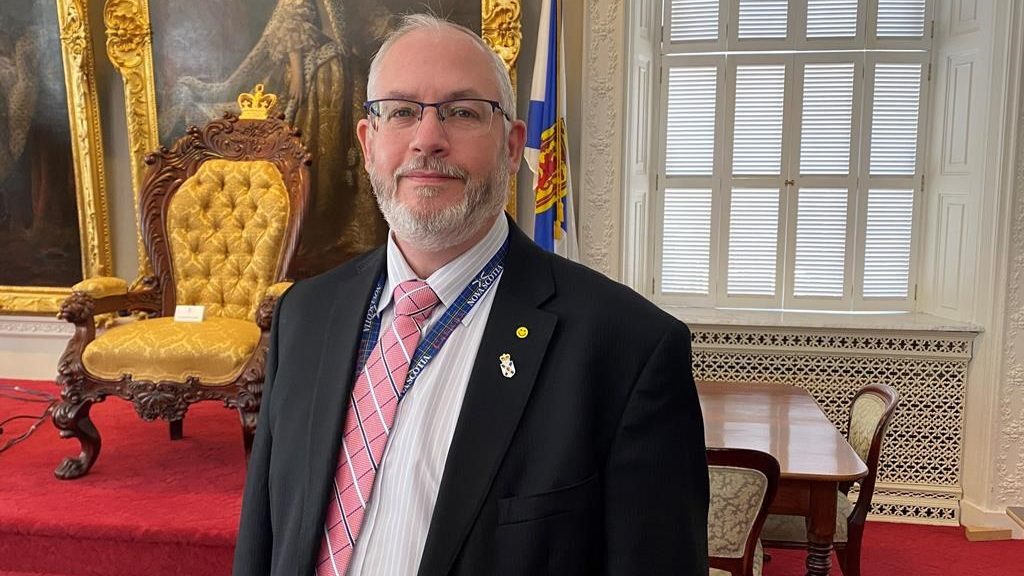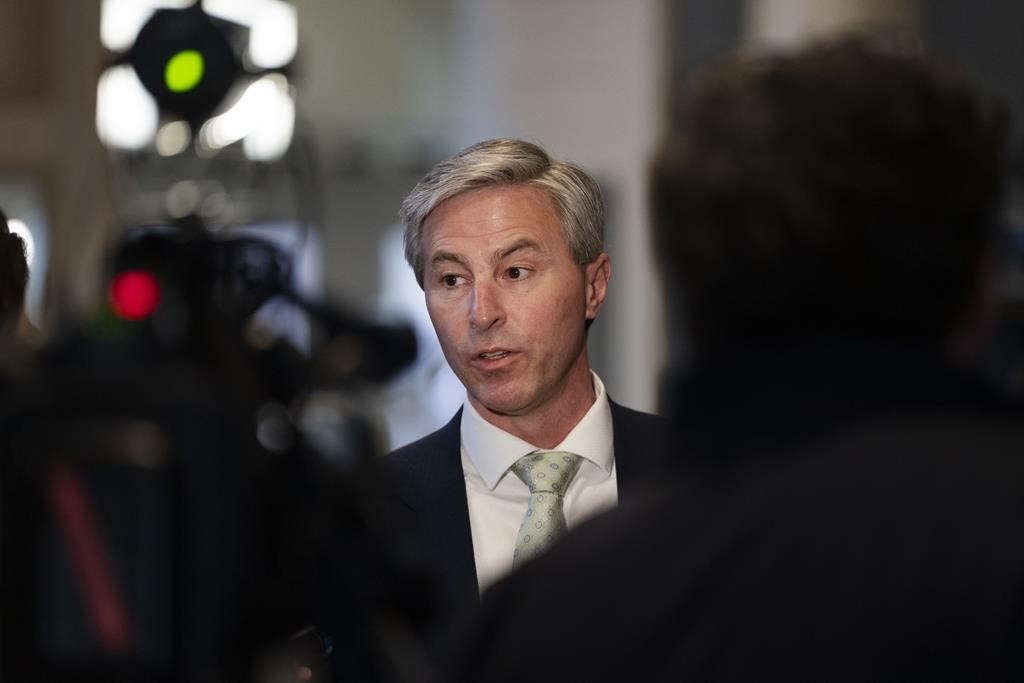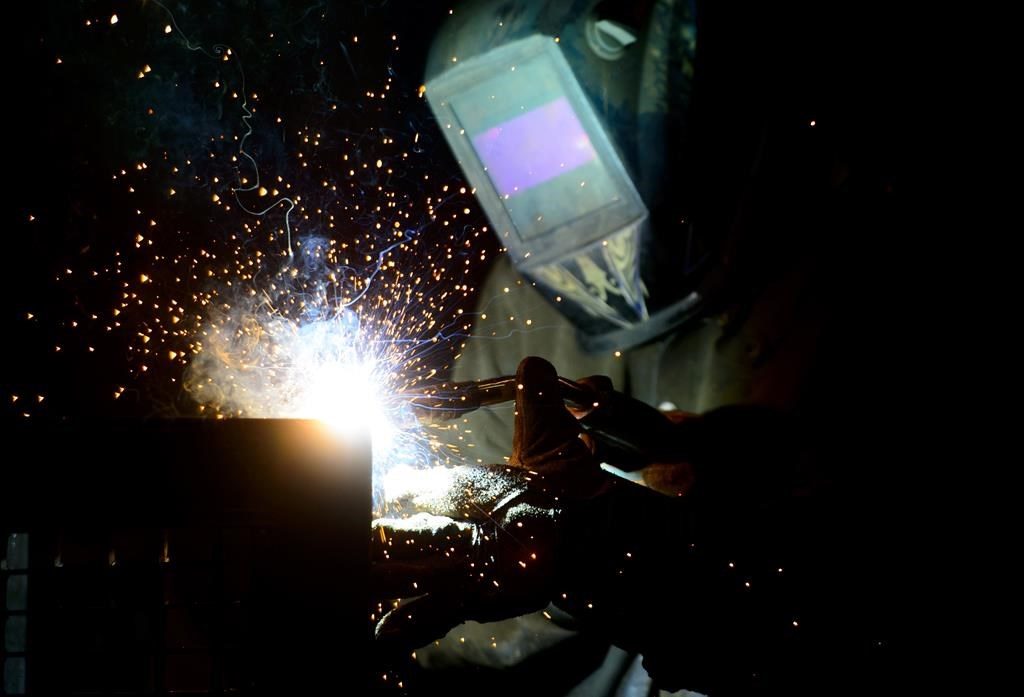As Omicron arrives in Nova Scotia, some restrictions will return
Posted Dec 13, 2021 07:27:00 PM.
Omicron has officially arrived in Nova Scotia and some COVID-19 restrictions will return to the province this week.
The National Microbiology Lab has confirmed that 40 recent cases were a result of the variant.
“We're entering the second Christmas of the pandemic and our case numbers are the highest that we've seen since the third wave,” stated Premier Tim Houston at a COVID-19 briefing on Monday.
He said it appears Omicron spreads very quickly.
“We know the incubation period seems much shorter with symptoms showing up and tests being positive within two or three days of exposure,” he explained.
“Thankfully the cases so far that we've had have been relatively mild illness, and of the hundreds of cases that we've announced since the outbreak as St. FX, there have been no hospitalizations.”
The chief medical officer of health said there's no reason to panic, but we do need to be cautious as we learn more about Omicron.
“We don't know enough about this variant to wait and see what happens,” said Dr. Robert Strang. “We can not take the risk of wider spread into vulnerable groups like seniors and the immunocompromised, and potentially putting pressure on our health care system.”
“We're going to focus on tightening up in three key areas to try and get things under control; masking, gathering limits and physical distancing.”
As of 9 a.m. Friday, the following restrictions will kick in and stick around until at least the new year:
Physical distance and mask requirements
- physical distance of two metres (six feet) is required indoors and outdoors, except among people in the same household or a consistent social group of up to 20 people
- places like fitness and recreation facilities, retail businesses, malls, museums, libraries and personal services like hair salons can operate at the maximum capacity possible with physical distancing
- food establishments and liquor-licensed establishments must have physical distance between tables and a limit of 20 people per table
- people must be seated to remove their mask for eating or drinking; all other mask requirements for indoor public places remain, including wearing them when seated for other activities
- masks are required in areas of workplaces where physical distance cannot be achieved, as well as common areas, areas where people are serving the public and areas with poor ventilation
- individuals, businesses and organizations all have responsibility for ensuring mask requirements are followed and can all be subject to enforcement action
Gathering limits
- indoor and outdoor informal gatherings, typically at home, are limited to 20 people from the same household or consistent social group; physical distance and proof of full vaccination are not required; masks are not required except in indoor public places
- gathering limits of 50 per cent of capacity to a maximum of 150 people indoors and 250 outdoors apply to social gatherings, regular faith services, weddings, funerals and their associated receptions and visitation, special events, meetings, training, festivals, and audiences for sports events and arts and culture events (like performances and movie theatres) that are hosted by a recognized business or organization, including faith organizations
- a limit of 60 participants indoors and outdoors applies to sports practices, games, and regular league play; tournaments are not allowed; physical distance is not required, and masks are recommended when possible indoors and outdoors
- a limit of 60 participants indoors and outdoors applies to professional and amateur arts and culture rehearsals and performances; competitions are not allowed; professionals must have a plan for their workplace; physical distance is not required, and masks are recommended when possible indoors and outdoors
- children age 11 and younger continue to be restricted from entering Nova Scotia to participate in sports and arts and culture events and from participating in them outside Nova Scotia
- specific organizational plans will be considered for large venues such as Scotiabank Centre, Halifax Exhibition Centre and Halifax Convention Centre.
Long-term care
- a limit of two visitors at a time with long-term care residents; it does not have to be the same two visitors each time
- it is strongly recommended that visitors have a rapid test within 24 hours of the visit
- visitors can have quick close contact like a hug but then need to stay physically distanced for the rest of the visit
- the requirement for visitors to wear masks and be fully vaccinated, except for end-of-life visits, remains
- residents can only leave the facility for overnight visits if they are fully vaccinated and it is strongly recommended that they have their booster dose as well.
Houston said schools will stay open, unless there is a public health reason to close a specific one down.
Effective Tuesday, December 14, enhanced public health measures at schools until the holiday break next week include:
- school sports are limited to team skills training only
- no assemblies and no holiday concerts
- no mixing of classes, including a pause on activities like Reading Buddies
- essential visitors only in schools
- masks are required indoors and outdoors where physical distancing cannot be maintained
- limited access to cafeterias
Fully vaccinated community members can use school gyms and theatres after hours if operationally feasible.
“We will monitor how this goes over the holidays and re-evaluate in early January,” Strang said. “Our goal is to have the fewest amount of restrictions for the shortest period of time.”










